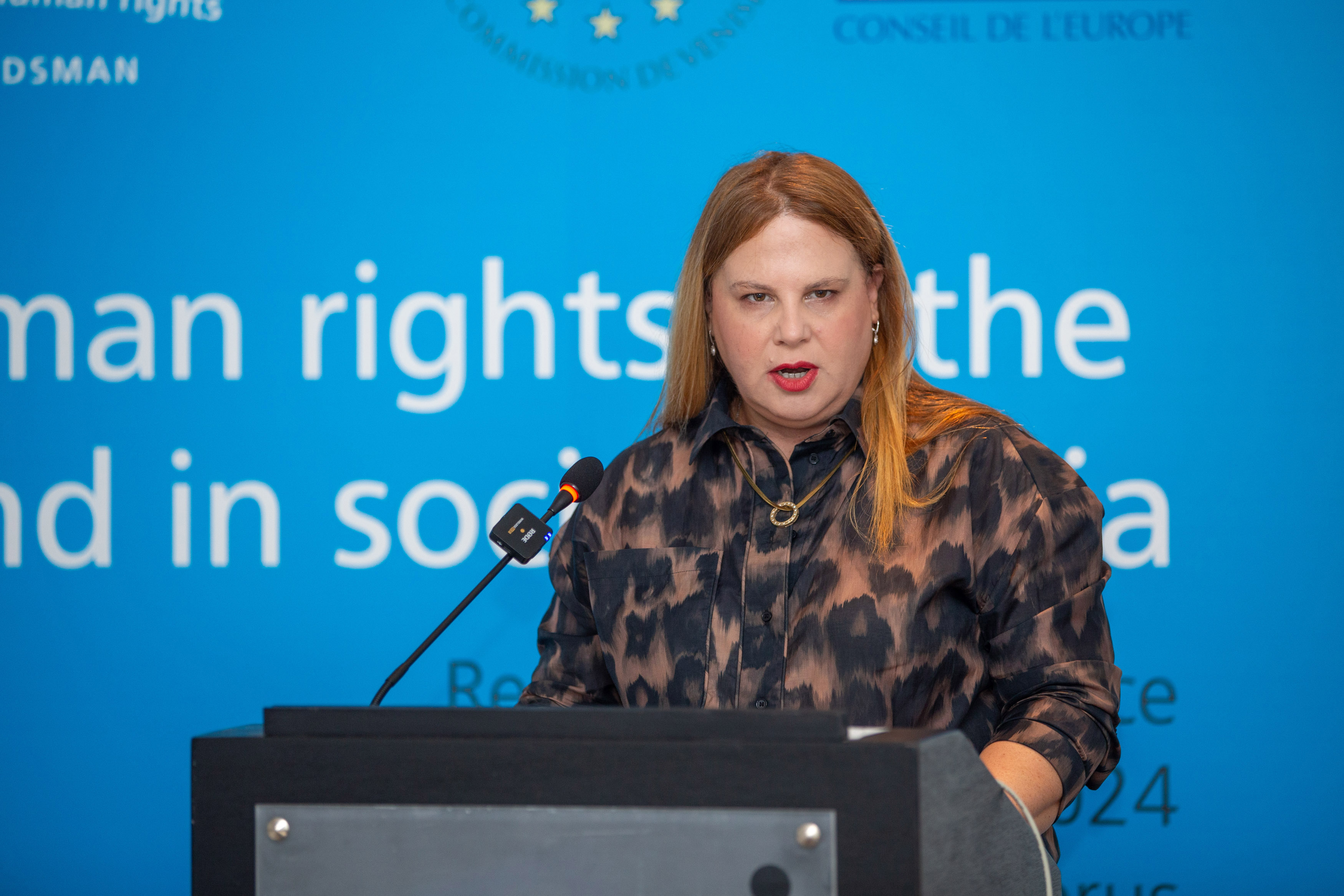Racial discrimination remains one of the most destructive social issues, Human Rights Commissioner Maria Stylianou-Lottides emphasised in her statement on Friday, March 21, marking the International Day for the Elimination of Racial Discrimination.
“Today’s anniversary reminds us of the non-negotiable value of human dignity and the need for constant vigilance against all forms of racism, discrimination and intolerance,” Lottides highlighted.
She pointed to recent attacks on migrant delivery drivers as evidence that racism persists in Cypriot society, despite legal provisions addressing hate crimes. Such incidents, she noted, highlight the ongoing presence of racial bias, which “undermines fundamental democratic principles” and “violates basic human values by degrading human dignity.”
Lottides noted that Cypriot law had been amended to recognise incitement to violence or hatred against individuals or groups with specific characteristics – if done in a threatening manner or in a way that disrupts public order – as a criminal offence.
Referring to Article 35 of the 2017 criminal code, she explained that racial bias is officially recognised as an aggravating factor in determining penalties for criminal offences. This provision, she stressed, underscores the gravity of hate crimes and affirms that offences motivated by racism warrant harsher punishment.
By codifying bias as a factor that increases the severity of a crime, the law demonstrates a commitment to combating hate-motivated offences.
The most recent figures, from 2023, recorded 57 hate crime offences, including 32 prosecuted cases and 25 reported incidents. Of these, 43 were classified as racist or xenophobic hate crimes.
A recent surge in violent attacks on food delivery drivers – many of them involving robberies – has significantly impacted crime statistics, contributing to the rise in hate crime cases.






Click here to change your cookie preferences